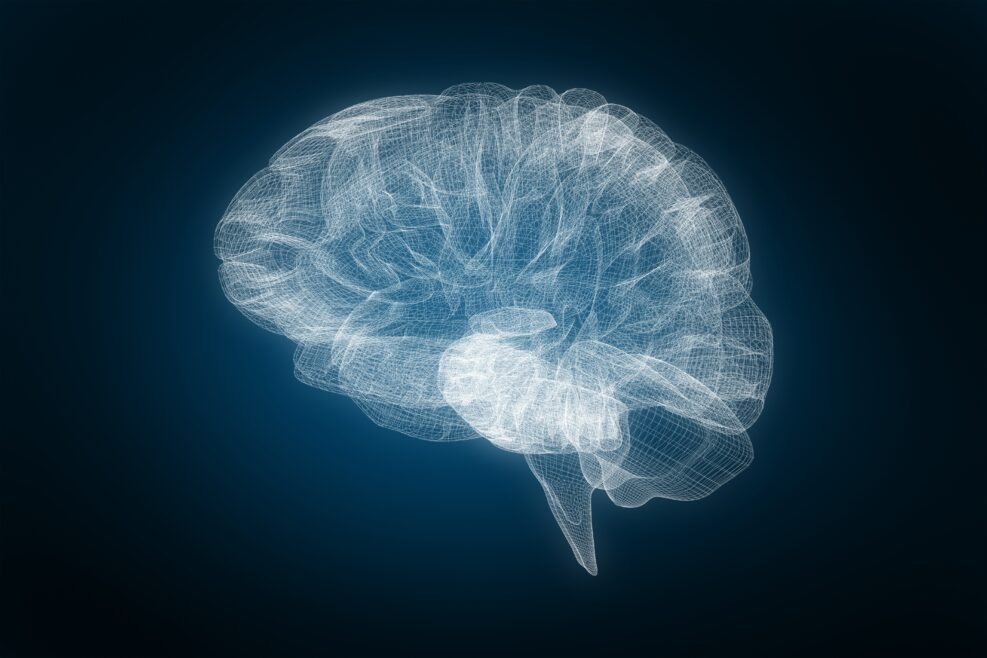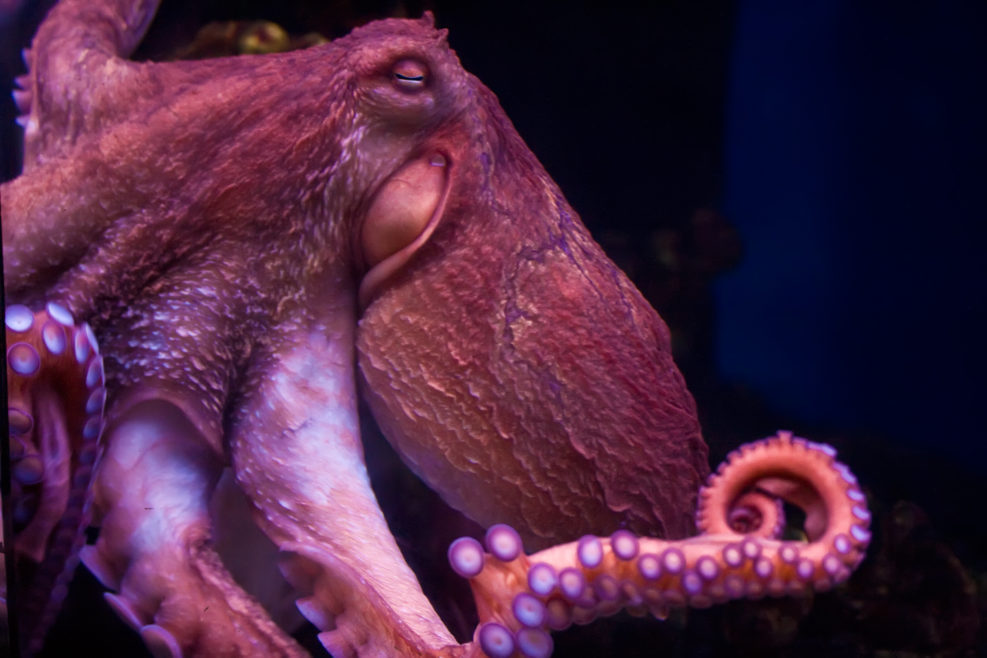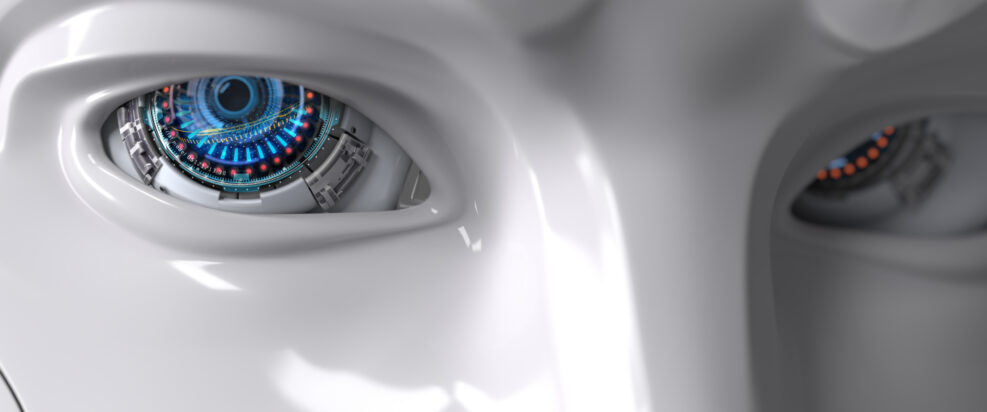
TagPain


Hinduism and Social Ethics
What does Hinduism teach about social ethics issues? Is there a consensus among most Hindus, or are there a variety of viewpoints? Dr. Michael Egnor and his guest, Arjuna Gallagher address current issues such as cancel culture, abortion, euthanasia, and suicide. Show Notes 00:10 | Introducing Arjuna Gallagher 00:52 | Cancel Culture 02:29 | Hinduism, Abortion, and Euthanasia 17:14 | Read More ›

Can Crabs Think? Can Lobsters Feel? What We Know Now
In Switzerland, it is now illegal to boil a lobster alive. Are the Swiss right? Is it cruel?Because crustaceans have shells, we may tend to think of them as like machines. Yet crustaceans, along with octopuses, show some surprising abilities and complexities. Take crabs, for example: A new Swansea University study has revealed how common shore crabs can navigate their way around a complex maze and can even remember the route in order to find food … Spatial learning is quite complicated, so figuring out how it works in crustaceans gives us a better understanding of how widespread this ability, and learning in general, is in the animal kingdom.” The researchers tested 12 crabs over four weeks, placing food at the end of the maze each time. The route to the end of the maze required five Read More ›

Octopuses Get Emotional About Pain, Research Suggests
The smartest of invertebrates, the octopus, once again prompts us to rethink what we believe to be the origin of intelligenceThe octopus is becoming a popular creature among neuroscientists. It is a very smart invertebrate with an unusually complex nervous system, organized in a fundamentally different way from that of, for example, mammals. Recently, a researcher has found the first strong evidence that octopuses feel pain, as opposed to merely reacting to it. There are two parts to pain: The natural physical reaction, like a sophisticated alarm system, sets off a chain of involuntary responses. But that chain of responses, by itself, doesn’t prove that any “self” is feeling anything. The alarm system would work just the same in an empty building as in a populated one. The second component can be called “emotional.” The life form experiences the pain Read More ›

Can We Apply Tests for Consciousness to Artificial Intelligence?
A robot could be programmed to say Ow! and withdraw its hand from a hot object. But did it feel anything?In Walter Bradley Center director Robert J. Marks’s second podcast with philosopher Angus Menuge, where the big topic is the perennial “Hard Problem of consciousness, they established that one of the implications of quantum mechanics is that consciousness is a “thing”; it exists in its own right. How can we apply that finding to claims for artificial intelligence? https://episodes.castos.com/mindmatters/Mind-Matters-134-Angus-Menuge.mp3 This portion begins at 25:33 min. A partial transcript, Show Notes, and Additional Resources follow. Robert J. Marks (pictured): Here is the big AI question: I know that I am conscious. Is there a way we can test for consciousness in others? And if we can, could we apply this test of consciousness in others to artificial intelligence? Can I test Read More ›

Do Babies Really Feel Pain Before They Are Self-Aware?
Michael Egnor discusses the fact that the thalamus, deep in the brain, creates pain. The cortex moderates it. Thus, juveniles may suffer moreIn last week’s podcast, “Jonathan Wells on Why a Baby Should Live,” neurosurgeon Michael Egnor interviewed molecular and cell biologist Jonathan Wells on that topic, which he discussed in articles at Evolution News and Science Today: (here and here). It’s becoming a hot topic now that a bill to protect babies born alive from abortions from being killed or left to die was recently defeated in the Senate. At the heart of the issue is the conflict between those who believe that all human beings have a right to life and those who believe that children do not have a right to live before they are self-aware. In this segment, Egnor and Wells ask another question: whether a child can Read More ›

Can Robots Be Engineered To Actually Feel Pain?
The descriptions of recent robotics successes slide effortlessly from “can experience” the sense of touch down to “simulate” sensations of painRecently, an article in Neuroscience News made some confusing claims, especially the claim that robots can have experiences in the same sense as living entities can. Let’s look at some of them: In an article from HSE University in Russia about about developing robotic intelligence based on the human brain, we read: Today, neuroscience and robotics are developing hand in hand. Mikhail Lebedev, Academic Supervisor at HSE University’s Centre for Bioelectric Interfaces, spoke about how studying the brain inspires the development of robots. HSE University, “How Modern Robots Are Developed” at Neuroscience News February 3, 2021 One identified goal is to merge “biological organisms with machines, to create cybernetic organisms (cyborgs).” Given that the human brain does not really behave Read More ›

Abortion Advocate Admits in a Medical Journal That Unborn Children Feel Pain
The scientific community has for decades misrepresented the straightforward science of conception and fetal development for ideological reasonsI have cared for hundreds of premature infants and it is very clear that these very young children experience pain intensely. An innocuous needlestick in the heel to draw small amount of blood would ordinarily not be particularly painful for an adult. But a tiny infant will scream at such discomfort.
Read More ›